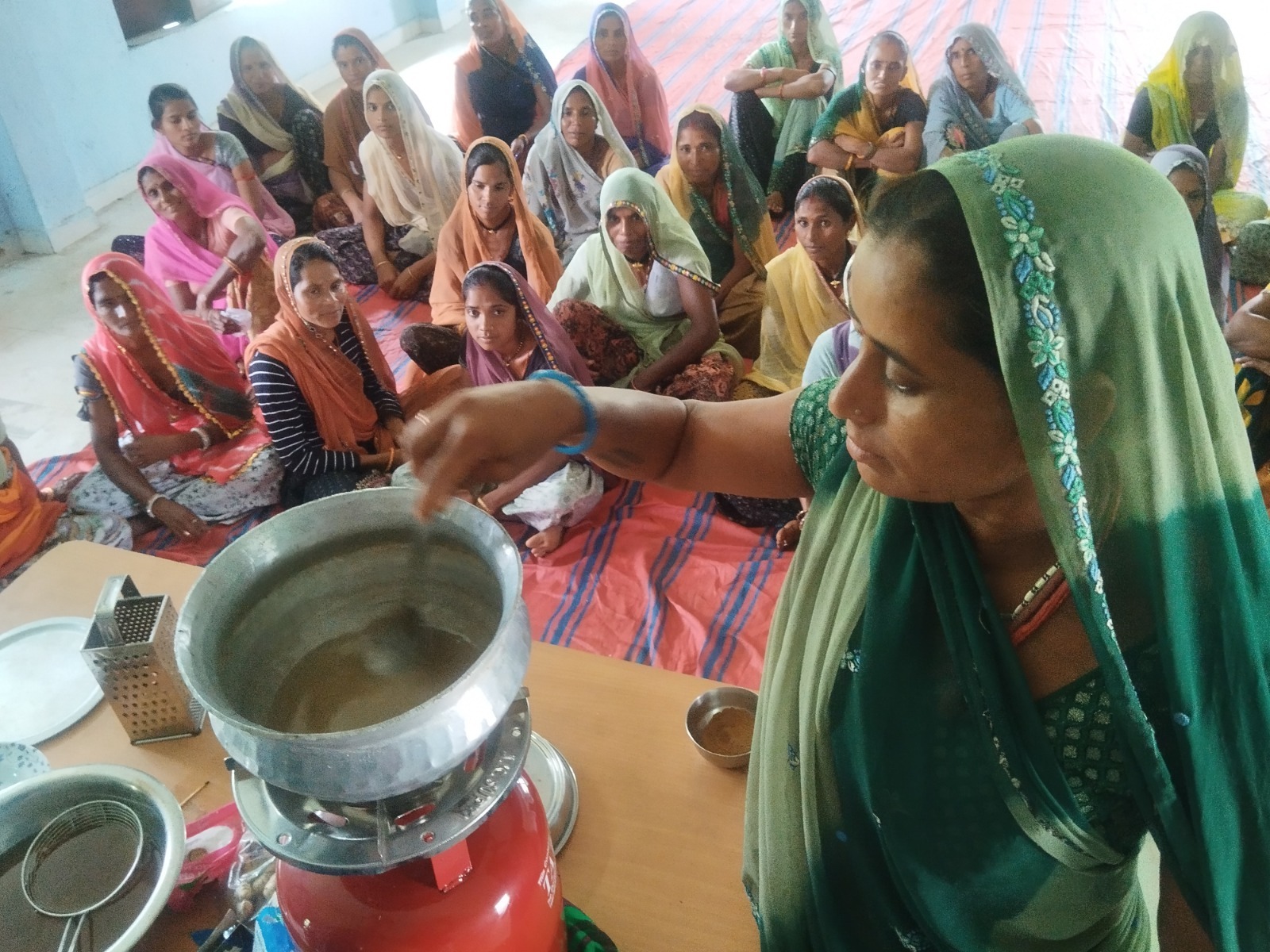
Chittorgarh | 16July 2025A two-day skill development training program on turmeric processing and value addition was successfully conducted in Chittorgarh under the National Agriculture Development Scheme (RKVY). The initiative was organized by the College of Community and Applied Sciences, Maharana Pratap University of Agriculture and Technology (MPUAT), Udaipur, as part of its ongoing project — “Centre of Excellence for Processing of Traditional Crops of Mewar Region.”
Focus: Turmeric-Based Enterprise Development
The training focused on “Turmeric Processing and Value Addition”, aiming to educate participants on the commercial prospects of turmeric-based products and motivate them toward self-employment.
Project Principal Investigator Dr. Kamla Mahajani explained that turmeric holds agricultural, medicinal, and nutritional importance. It is not only a staple spice but also a valuable medicinal crop and an economically beneficial venture, especially for women. She emphasized that women can establish successful home-based startups by producing spices, pickles, and other turmeric products.
Hands-On Training and Product Development
Practical training was conducted by Ms. Yogita Paliwal, who demonstrated the preparation of various turmeric-based value-added products such as turmeric pickle, chutney, garam masala, and sambar masala. Participants enthusiastically engaged in the training and learned the processes from a business perspective suitable for domestic-scale production.
Packaging and Branding Insights
Dr. Anjali highlighted the significance of scientific packaging, labeling, and branding, noting that proper packaging is vital for product recognition, quality assurance, and marketability.
Empowering Women and Rural Communities
This training served as a strong step toward connecting rural women and farmers with new livelihood opportunities. Participants appreciated the initiative and requested regular organization of such programs. The event concluded with a vote of thanks and enthusiastic feedback from the attendees.
The program not only contributes to the preservation of traditional crops of Mewar but also paves the way for women empowerment and rural entrepreneurship.